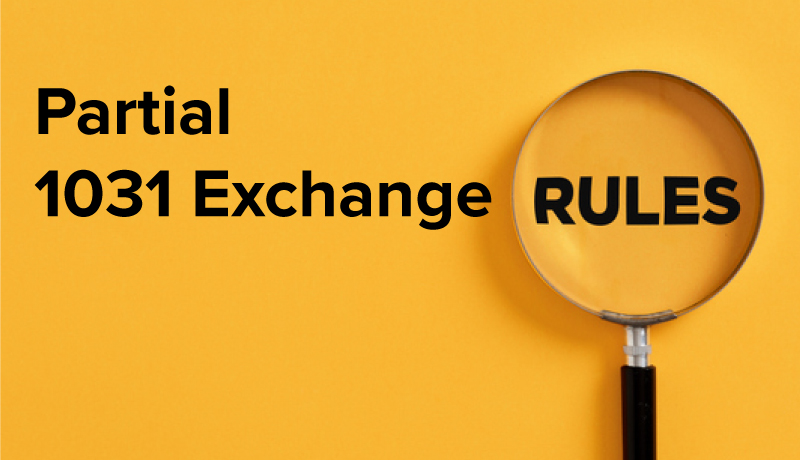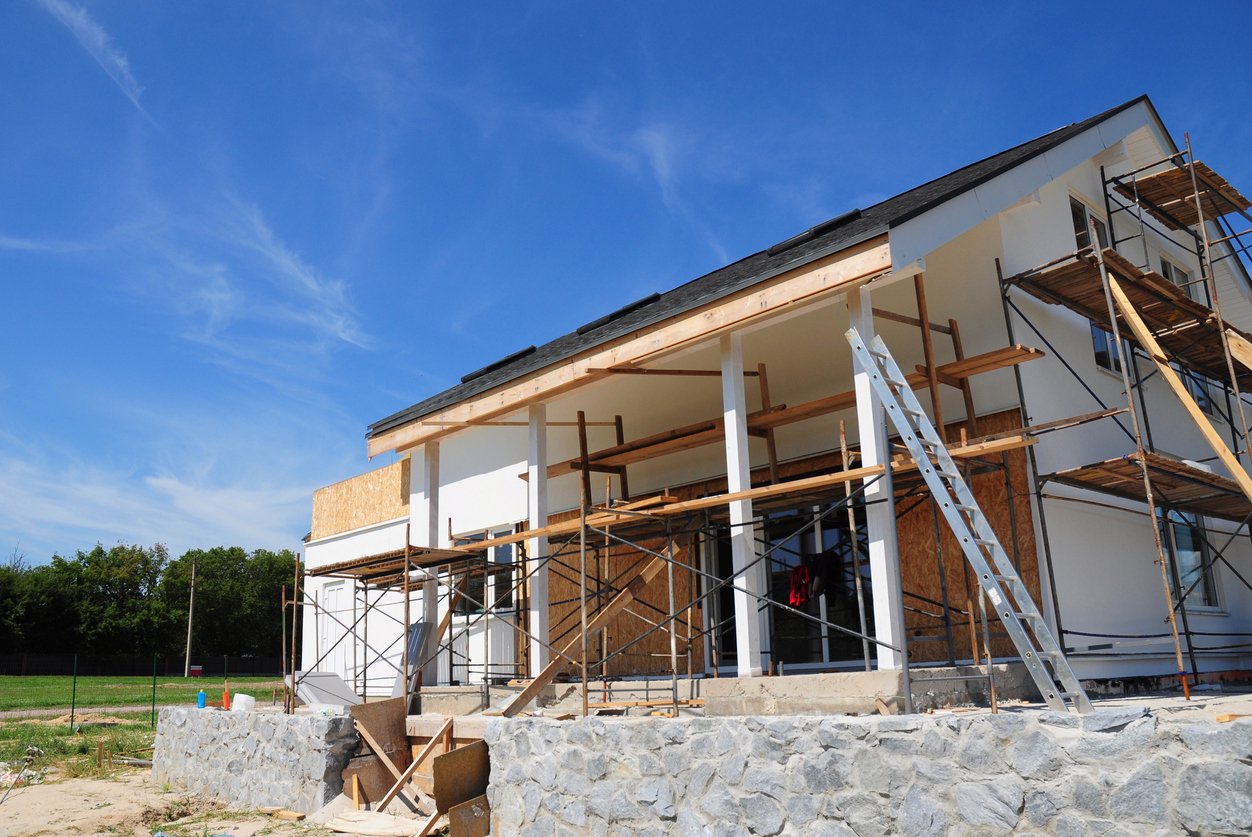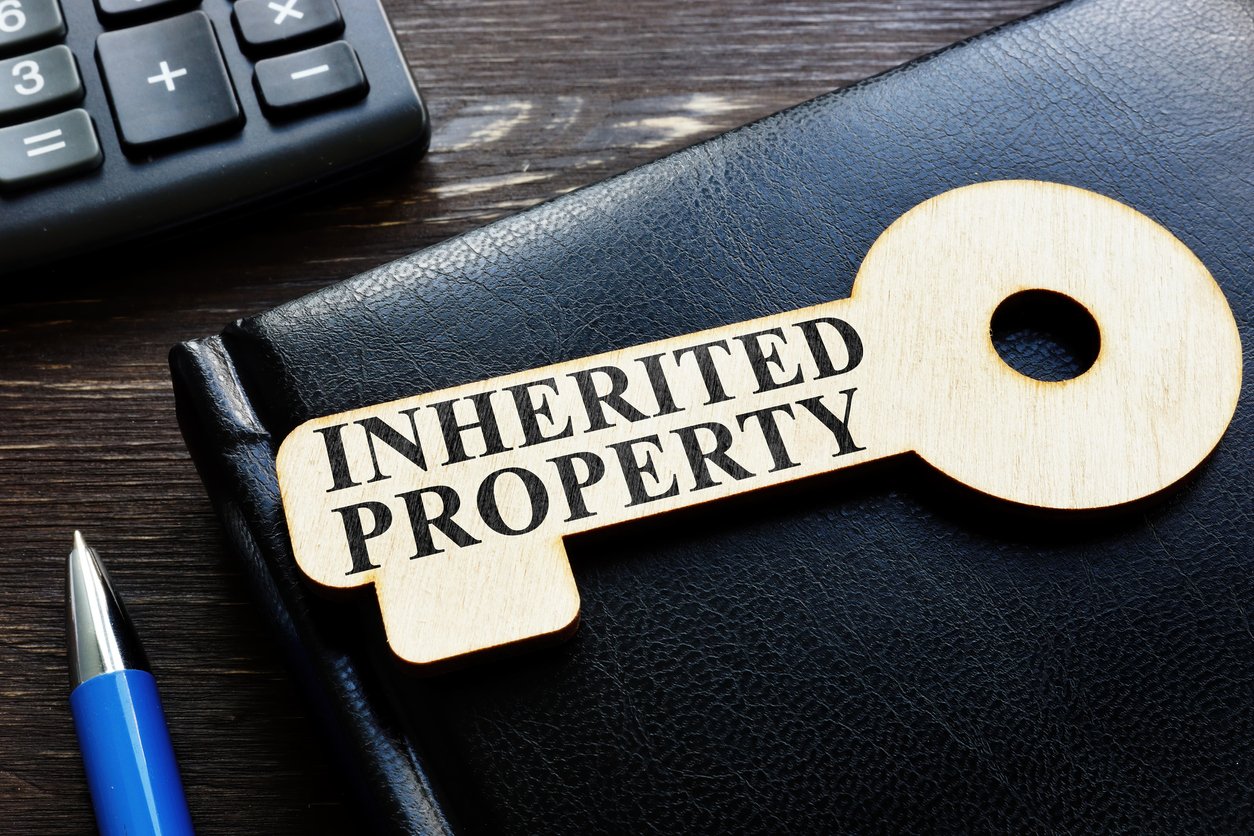Can You Rent an Investment Property to a Family Member?

Acquiring real estate for investment purposes can generate a multitude of benefits. One potential advantage involves the available deductions, including expenses and depreciation.
Can A Spouse Override A Beneficiary?

Estate planning can be complex, partly because the process can be rife with misunderstandings and assumptions. Such issues can range from what exactly is tax exempt to who exactly receives disbursements or assets.
Can You Depreciate DST Interest?

Investing in real estate typically involves not just income and expenses but also navigating the tax implications on the value of the investment. Therefore, an investor may choose a Delaware Statutory Trust (DST) to pursue potential gains, the passive nature of ownership and income, and the tax advantages.
Does a General Power of Attorney Cover Medical Decisions?

If you’ve taken the time to consider estate planning, you’ve likely run across the concept of power of attorney. A power of attorney (POA) can be helpful in an incapacity strategy. It can also provide transparency in business or financial matters.
Partial 1031 Exchange Rules You Need to Consider

When performed successfully, the 1031 exchange process can help you trade your real estate property into another one of greater or equal value and allow you to potentially defer capital gains and depreciation recapture taxes.
What 1031 Exchange Expenses are Added to Basis?

When it comes time to sell real estate you might use for business or investment, you could defer capital gain and depreciation recapture taxes with help from 26 U.S. Code § 1031 – “Exchange of Real Property Held for Productive Use or Investment.” When you follow the IRS rules for a 1031 exchange, you “swap” real estate you currently own (relinquished property) into different real estate (replacement property).
Can a 1031 Exchange Include Renovations?

The 1031 exchange can be useful as a real estate tax-advantage strategy. If you exchange your relinquished property for a replacement property of equal or greater value within the IRS deadlines, you could defer capital gains and depreciation recapture taxes to a future date.
Can a Spouse Override a Trust?

Trusts are valuable tools for financial management and estate planning. Trusts come in numerous varieties and serve various purposes. Whether a spouse can override a trust is not a simple question because it depends on the circumstances. So, let's look at some of the variables and how each would influence the answer.
Do You Have to File a 706 Form to Get a Step Up in Basis?

Inheriting property can trigger tax questions. After all, there can be taxes for the estate and the beneficiaries. But there is a lot that determines where taxes will come from on inherited property.
If I Sell Inherited Land, Is it Taxable?

Heirs who inherit property or expect to inherit property will generally have a number of tax questions. Are taxes due now or only when I sell? Are taxes owed in the future? How much in taxes will I have to pay?


